#StudentPressFreedom highlights student censorship

High school and college students from across the 50 states participate in Student Press Freedom Day, Jan. 30. The day is set aside to recognize the rights detailed in the First Amendment, specifically the freedoms of speech and of press, because they do not always apply for student journalists in America.
The legacy of the 1988 Hazelwood School District v. Kuhlmeier Supreme Court decision remains effective to this day.
When the principal of Hazelwood East High School outside St. Louis, Missouri, censored a special teen issue section in the student newspaper The Spectrum, that included articles on teen pregnancy and the impact of divorce on students, members of the student newspaper staff sued.
Eventually, the Supreme Court ruled that a high school-sponsored newspaper produced as part of a class and without a “policy or practice”, establishes it as a public forum for student expression. This may be censored when school officials demonstrate a reasonable educational justification and where their censorship is viewpoint neutral.
Just over 31 years later, the effects of this decision endure in many states after the Supreme Court greatly expanded school control over student speech, squashing students’ First Amendment rights. To this day, the amount of freedom student journalists receive depends primarily on the state they live in.
Today, newspapers in certain states and school districts receive less freedom supposedly guaranteed in the Bill of Rights while censorship continues to limit student free speech.
On #StudentPressFreedom day, student journalists and their allies published editorials, held events and flooded social media to defend robust student press freedoms that have increasingly come under attack. https://t.co/v8McKveHTJ
— Student Press Law Center (@SPLC) January 31, 2019
Maybe more so today than ever, it is critical for student journalists to practice without censorship, and without being intimidated to self-censor. With a rocky climate the current generation of high school and college journalists are being sent into, how can we make the world a better, more transparent place if we are asked to stay uncontroversial and positive? How can we learn to break stories that need to be shared, only to be told no?
Arguably the most important ethical role journalists hold is the “watchdog role,” keeping those in power accountable. Incredibly this is still being frowned upon in states across the country. How do we begin learning?
Empowering students should be the priority and goal of every high school, university and student organization, not censoring them. — Alexander Rurik
Student journalism is more than improving one’s voice, academics, writing and communication abilities. It is more than learning photography, videography and how to work successfully on a team. Students learn to express arguments and opinions in an effective and persuasive manner without offending or attacking the opposing person, even if it is a controversial topic. That way when entering the professional world of media, they are ready to go and perform their most important job.
But that continues to be stifled in some states.
Student press freedom is desperately needed as the world continues to be filled with scandal, lying, cheating, crime, fake news and misconduct. When are students going to be trained to cover such issues? Students can not when they are not allowed too.

Empowering students should be the priority and goal of every high school, university and student organization, not censoring them.
For example, the Student Press Law Center (SPLC) urges student journalists all over the nation to raise their voice for free speech. The SPLC is calling for students around the country to plan and lead events in a pursuit for #StudentPressFreedom, Jan. 30.
For those of us who live in California, censorship laws are not as harsh. Therefore, let us use our voices and help fight for those across the country who may not be allowed to use their voice and call for free speech in all student publications.
Last October, Feather editors attended and reported on a community dialogue where citizens of Fresno and Clovis discussed ways to bring a city divided by physical lines together. The coverage helped shed light to controversies, stereotypes and misconducts caused by borders of school district and socio-economic lines.
In remembrance Dr. Martin Luther King’s impact, editor Sam Cross wrote an article sharing Fresno community leaders perspective on King’s leadership, philosophies and the divide within the city of Fresno. For more on the article, read Living to see the dream, community remembers Martin Luther King, Jr..
The Feather is planning on covering The Well Community Church‘s “Discover Fresno: A Cultivate Event“, Feb. 9, from 9 a.m. to 1 p.m. This local gathering focuses on the church’s first part of their plan to relocate and expand their campus in the upcoming years, called “The First Fruit”. The event will hold several sessions discussing how the church plans on serving different parts of the community and funding several local organizations.
For more information, news, and resources, guides, topics and tools, visit the Student Press Law Center and/or visit Journalism Educators Association for resources, including their vision statement and statement on student free expression.
For more articles, read Your vote matters and Campus teacher shares personal story of faith, hope.
Alexander Rurik can be reached via Twitter @alexrurik23, email and Instagram.

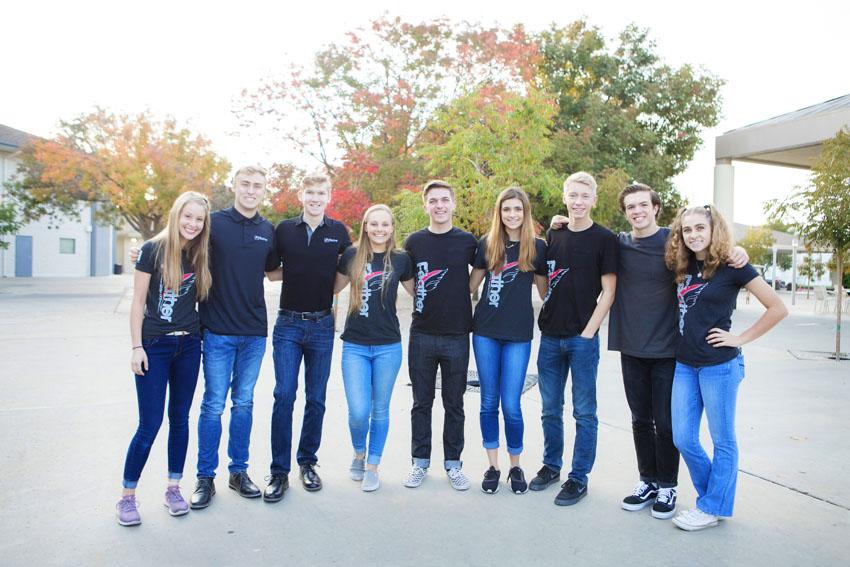
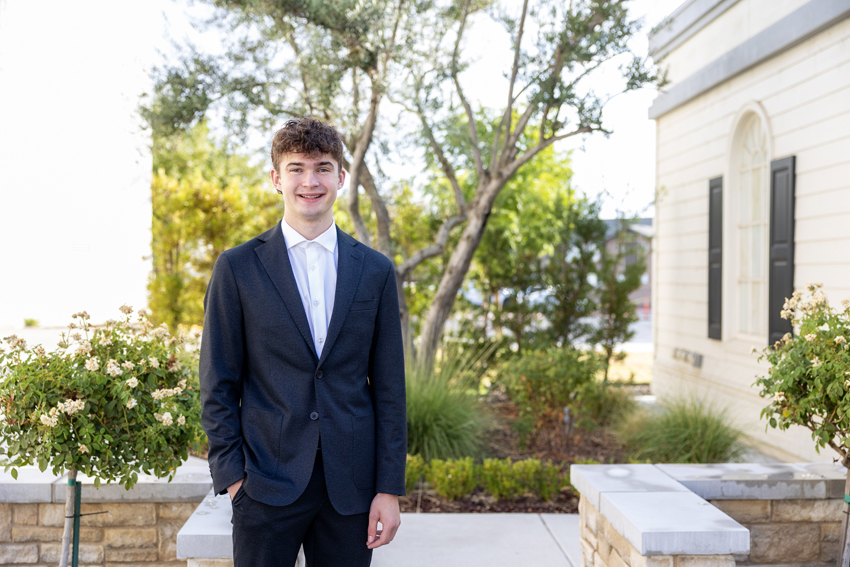


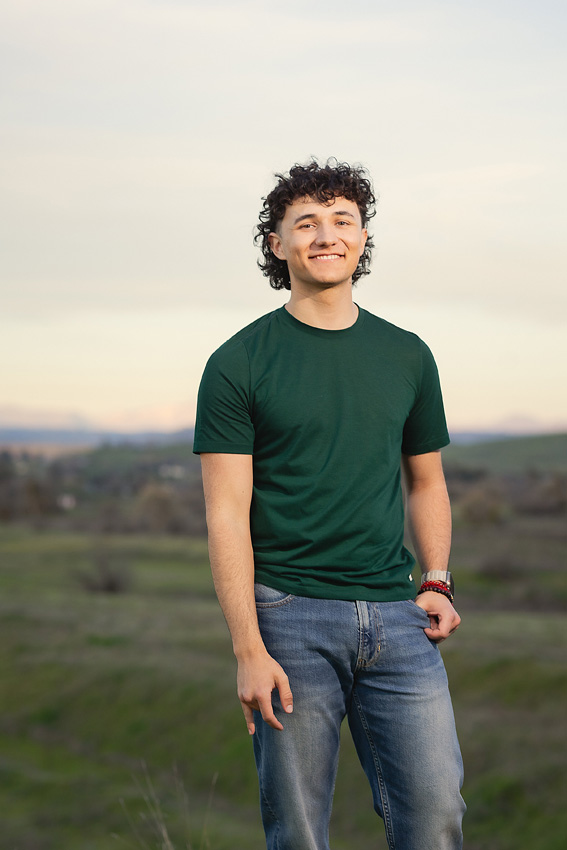
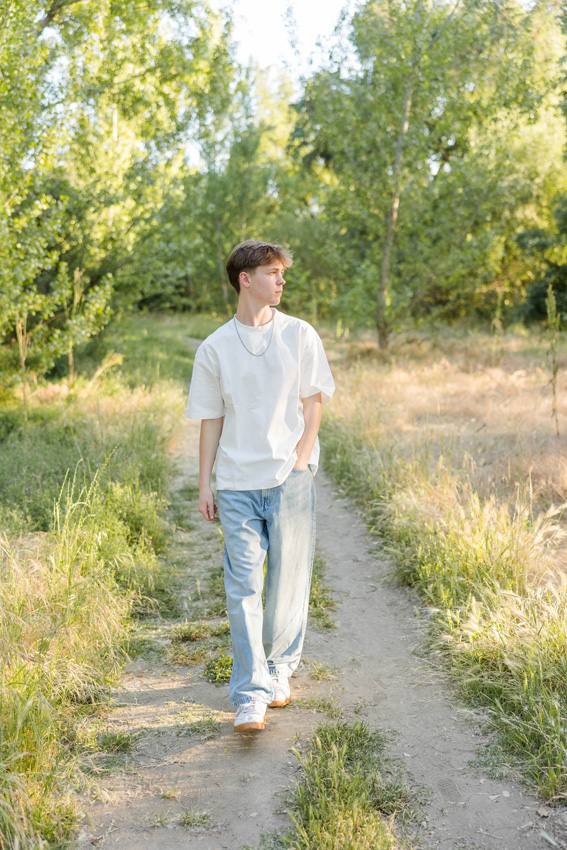
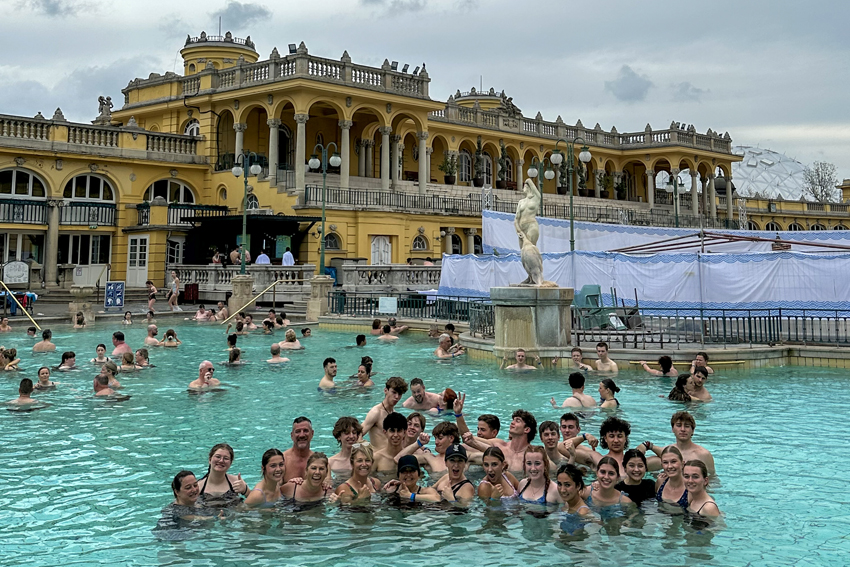
Ashley L Winchell • Feb 1, 2019 at 1:44 pm
We need to point this out!! I’ve seen other articles from the Feather that was up on the board that is positive about our school or our world…and I asked myself, what about the negative stuff? What about the people who were suffering in different states or about how teens could easily have sex in young age? I like that you made a few pointers about that and I agree with 100%. This is in our First Amendment rights and I think that this country should practice freedom of speech instead of censoring students for mentioning problems within our world.
Julia Fikse • Feb 1, 2019 at 8:17 am
Great article Alex! Awesome points made about student press freedom and the importance we are to the future generation of journalism.